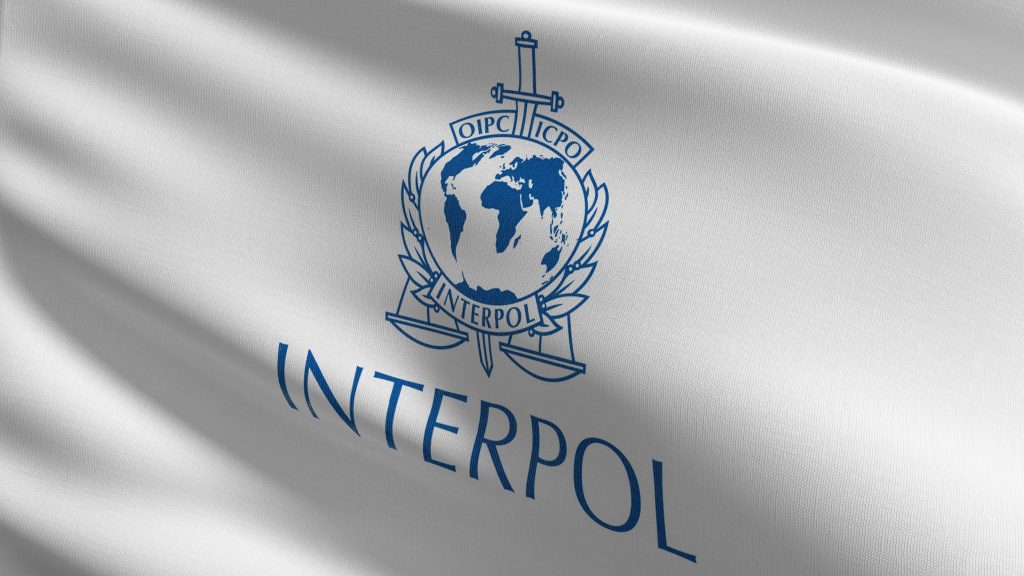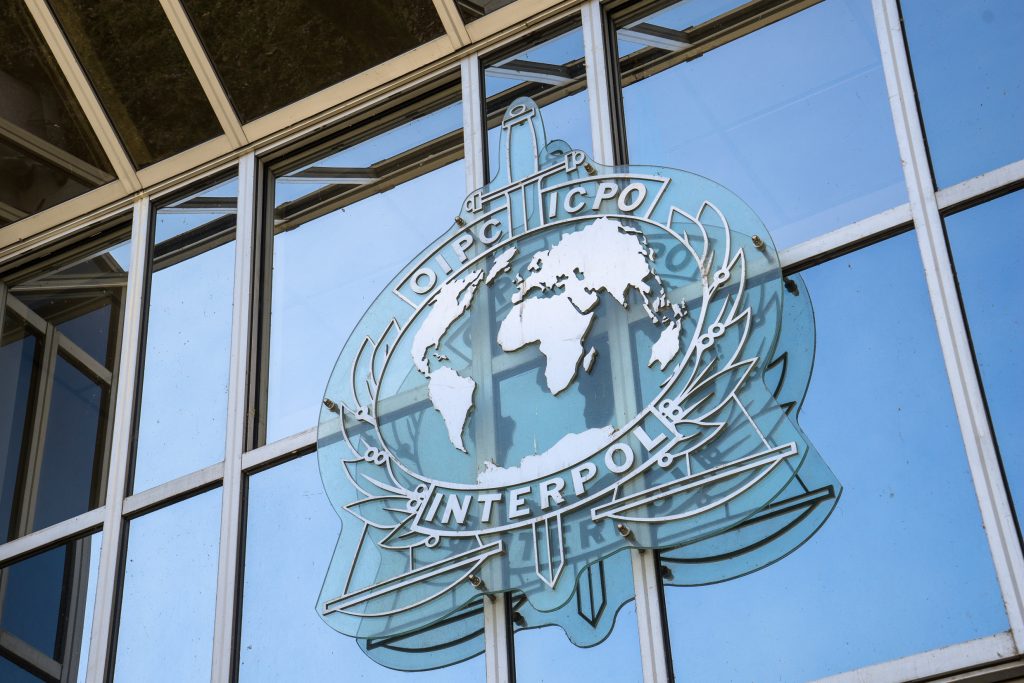The facts of this case span over a decade and even merit a book (more details can be found here , here , here ). Nevertheless, a short background seems necessary to explain how the abuse of Interpol’s system weaves into the story.
In a nutshell, my father Tzvetan Vassilev, a Bulgarian entrepreneur, was racketeered by politicians. He refused to succumb to their demands to transfer assets for free, and in 2014 Bulgarian politicians, state institutions (including the Prosecutor’s Office), and Russia’s VTB conspired to artificially bankrupt the bank where he was the majority shareholder. The bank’s assets could then be stolen – a practice known in Russia as state raiding. Today, the assets of the bank are easily traceable – they either passed through the hands of VTB’s proxies or through the hands of proxies of the political circles that racketeered my father.
The collusion, nevertheless, involved blaming the bank’s failure on my father. The Prosecutor’s Office fabricated various charges accusing him of bankrupting his own bank, issued a public Red Notice, and requested his extradition from Serbia. To me their plan was clear – they eventually wanted to keep him in custody where they were either going to murder him or torture him to admit he was guilty of something which was not true, thus burying the entire story and the traces of their conspiracy.
The more my father sought to defend his rights by speaking publicly about what happened or by submitting applications before competent institutions, such as the European Court of Human Rights (ECtHR) ( see here for a case that was recently won), the more Bulgaria’s Prosecutor’s Office retaliated. The catalogue of abuses is rich and long – forging documents, harassing witnesses, including keeping them in custody, to force them to provide false testimonies against my father, keeping my father’s own lawyer in custody, etc.
Bulgaria’s Prosecutor’s Office became progressively frustrated that they could not obtain my father’s extradition from Serbia. They sent three additional, messy requests for his extradition before the Serbian court had conclusively ruled on their first request, violating the well-established principle of speciality in international law. Meanwhile, in a highly mediatized PR move, they also sent letters to the European Commission, the European Parliament and the Council of Europe asking them to put pressure on the Serbian courts to allow his extradition, compromising the fairness of the proceedings.
The harassment then transferred onto the only two direct family members of my father – my mother and me.


